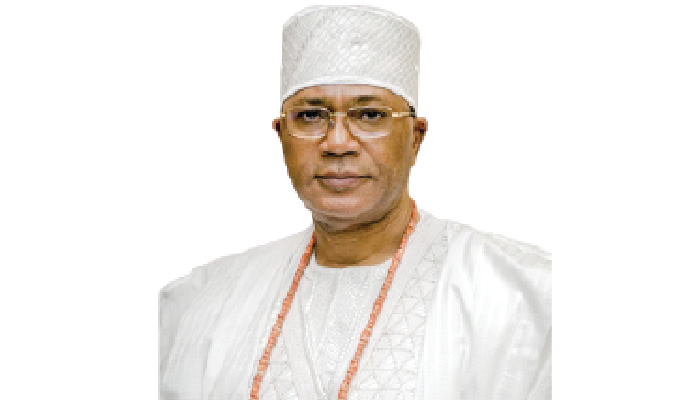The Manufacturers Association of Nigeria has decried the increase in value of unsold inventory by 12.9 per cent from N1.24tn in the first half of 2024 to a record N1.4tn by the end of the past year.
MAN president, Francis Meshioye, revealed at the 2025 Presidential Media Luncheon held on Wednesday in Lagos that manufacturers were unable to sell their goods due to diminishing consumers’ purchasing power resulting from high inflationary effects.
“The manufacturing sector in 2024 faced a myriad of macroeconomic and infrastructural challenges that severely impacted its performance,” Meshioye stated. “Inflation in Nigeria reached an alarming 34.6 per cent by November 2024, diminishing consumers’ purchasing power and causing a decline in demand for manufactured goods. This inflationary burden also led to an accumulation of unsold inventory, which rose to N1.4tn across the manufacturing industries.”
He highlighted how the devaluation of the naira, which fell from N666/$ in mid-2023 to over N1,700/$ by mid-2024, compounded the sector’s woes by inflating the costs of imported raw materials and machinery. “The floating exchange rate worsened the already strained profitability of manufacturers,” Meshioye explained.
The high-interest rate environment also dealt a blow to the sector, with rates reaching 27.7 per cent by November 2024. This made access to credit for expansion and modernisation almost impossible.
Additionally, a 250 per cent hike in electricity tariffs in 2024 significantly increased operating costs, pushing many businesses to explore alternative and costly energy sources.
Meshioye pointed out the challenges led to a drop in the sector’s contribution to Nigeria’s Gross Domestic Product, which declined from 16.04 per cent in Q4 2023 to 12.68 per cent in Q2 2024.
“Manufacturing is pivotal to galvanizing and sustaining the economic growth and development of Nigeria. The government must align with our conviction that a win for the manufacturing sector is a win for the economy,” he added.
The MAN president called for swift government action, urging the timely passage of the four tax bills before the National Assembly, a review of electricity tariffs, and prompt clearance of forex backlogs. He also stressed the need to address inflation, policy inconsistencies, and infrastructure deficits to improve the sector’s productivity and competitiveness.
Looking ahead, Meshioye expressed optimism about the potential of technology, including artificial intelligence, to transform manufacturing. “Efficient adoption of AI will enhance production and productivity, improve capacity utilisation, and streamline logistics operations,” he remarked.
With a projected 4 per cent economic growth in 2025 and the naira expected to stabilize between N1,500 and N1,650 to the dollar, Meshioye called for continued reforms to stabilize the economy and support the manufacturing sector’s recovery.
“The path to growth is clear,” he said. “Improving productivity and enhancing competitiveness must remain priorities to ensure Nigerian manufacturers navigate these challenges successfully.”
The PUNCH had earlier reported that MAN stated its unsold manufactured goods reached the then record N1.24tn, as its unsold inventories increased by 357.57 per cent in the first half of 2024.
MAN attributed this sharp increase to the declining purchasing power in the country caused by escalating inflation, subsidy removal, and naira devaluation. It disclosed this in its latest report on the country’s economic performance.
